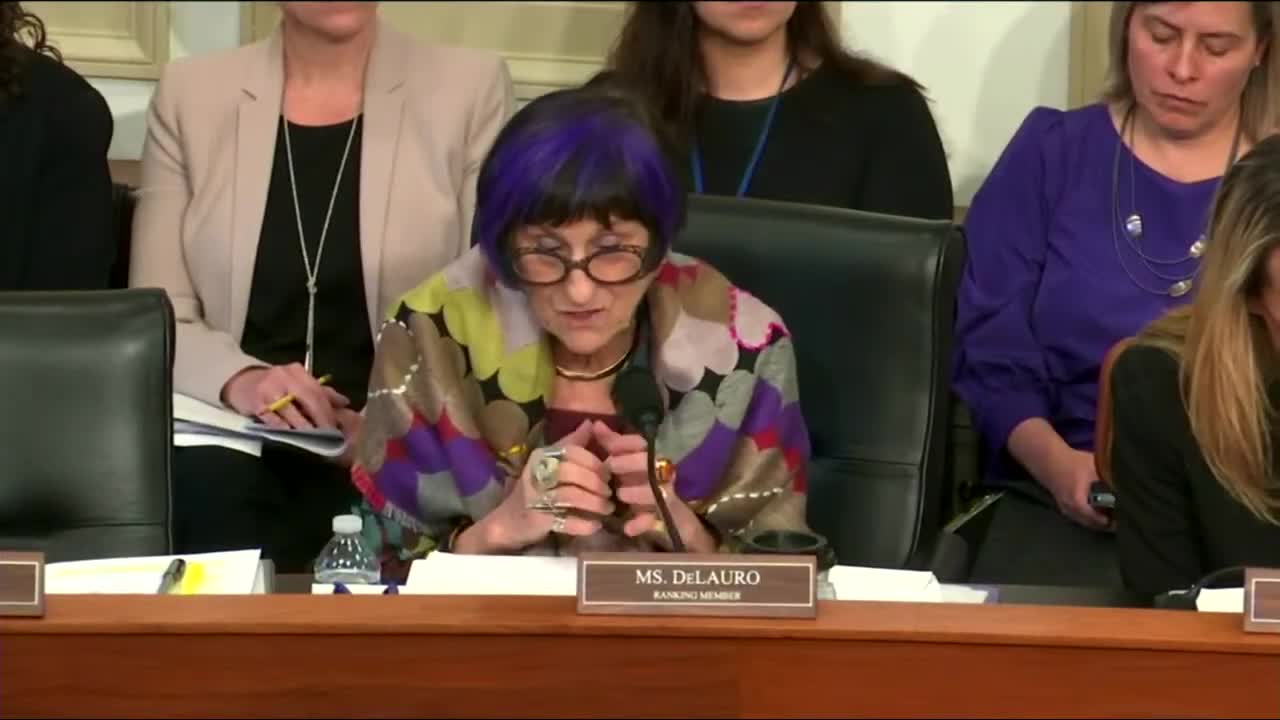Article not found
This article is no longer available. But don't worry—we've gathered other articles that discuss the same topic.
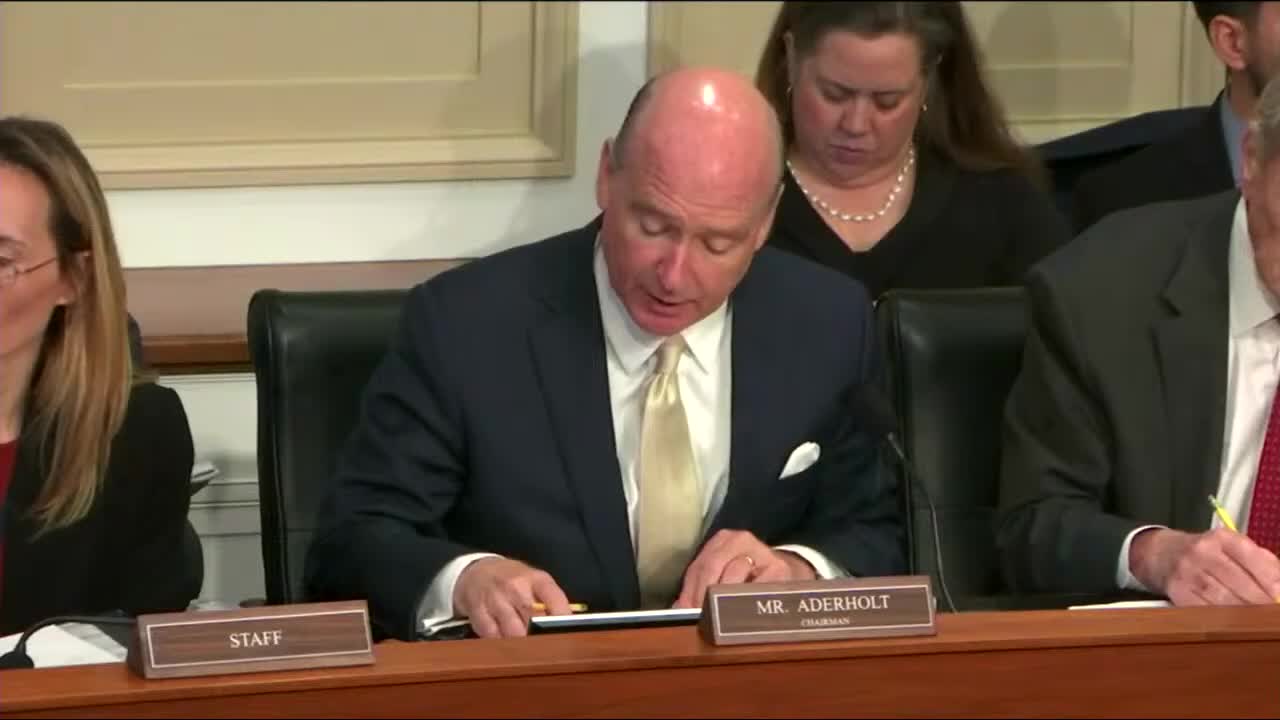
HHS secretary defends sweeping 2026 reorganization and proposed cuts as Democrats warn of lost programs and staff
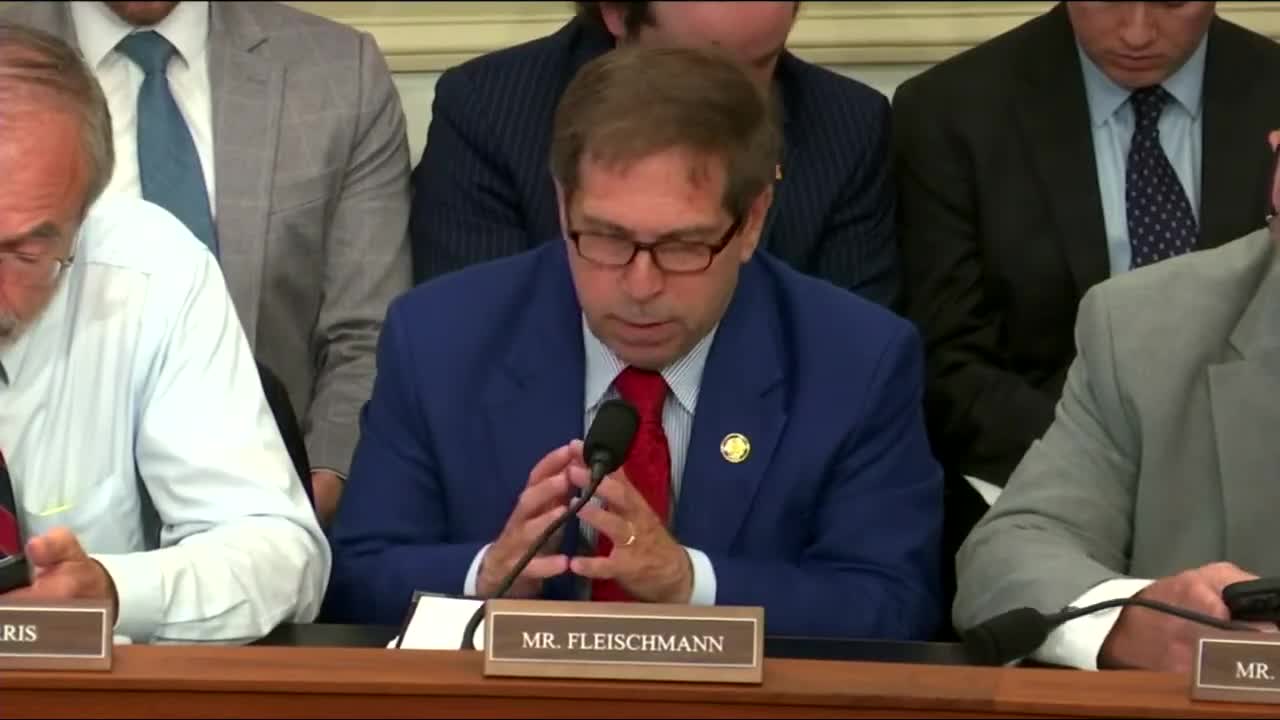
HHS outlines push on processed foods, food dyes and school nutrition as part of 'Make America Healthy Again' agenda
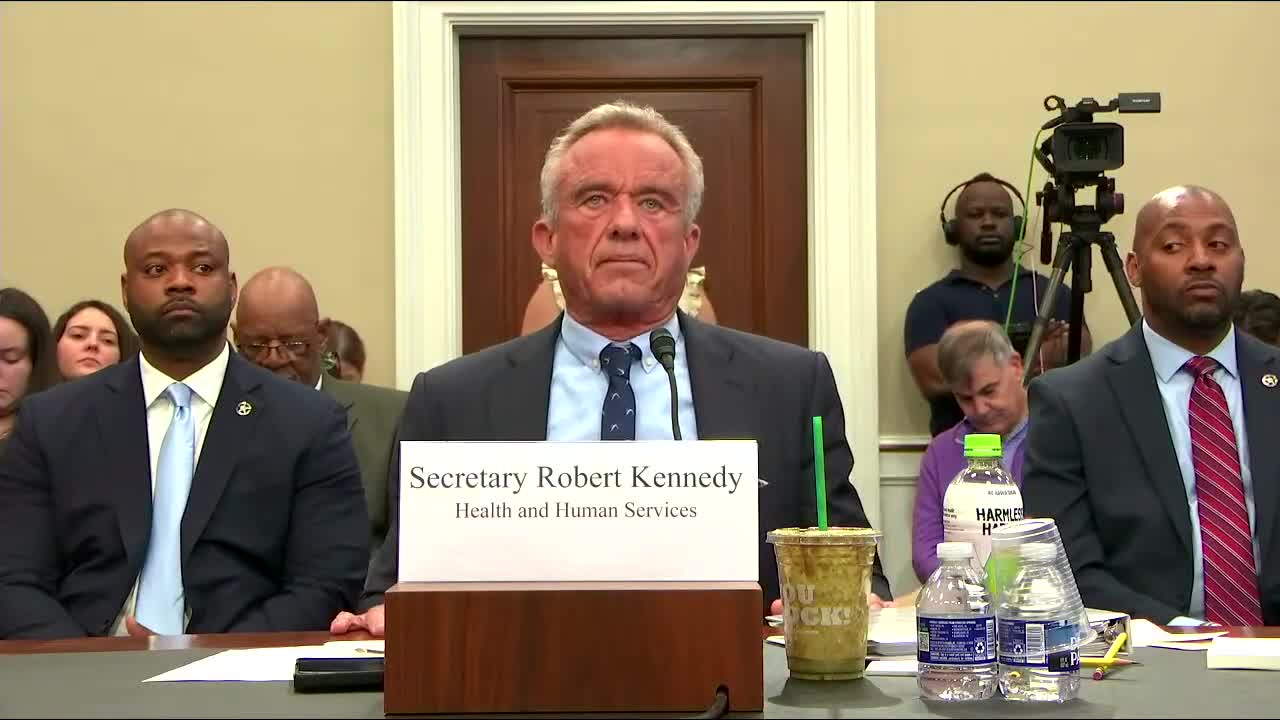
Members press HHS on rural hospital wage index, staff cuts and NIOSH reinstatements; Kennedy pledges technical support
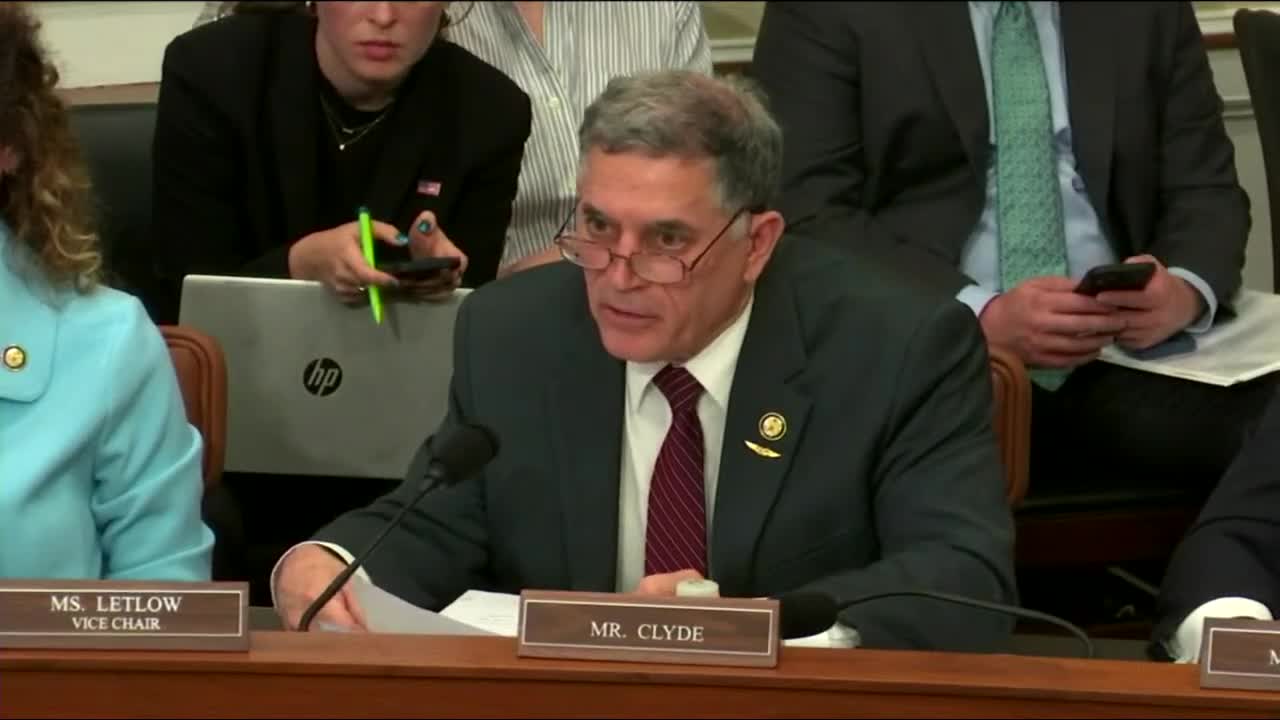
House members press HHS on thousands of unaccompanied children unaccounted for; Kennedy outlines steps to verify sponsors
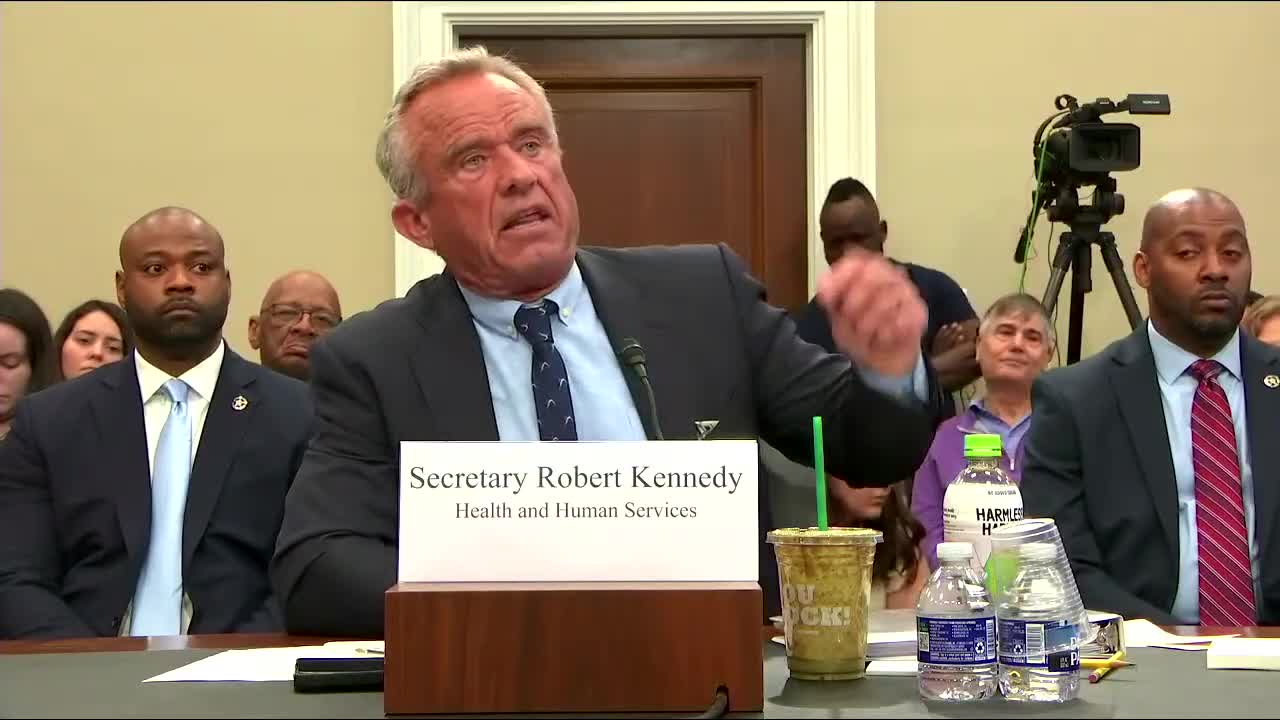
Committee debates measles numbers as HHS secretary resists direct medical recommendations on vaccines
